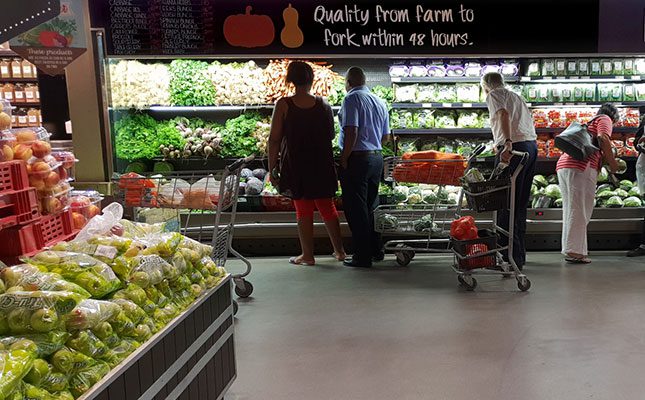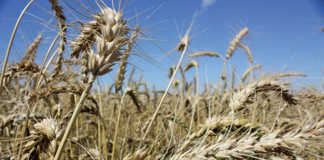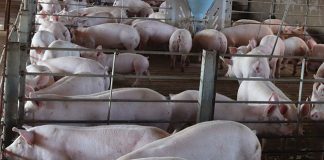
Figures released by Statistics South Africa showed that the consumer price index in April was 0,4% higher month-on-month (m/m). The most notable reductions came from the meat, oils and fats, and the transport sector; all other sectors recorded increases.
Meat inflation decreased for a second consecutive month, reaching 9,5% from 10,6% in March. The index for oils and fats tumbled from 16% in March to 9,9% in April. The last time this rate was in single-digit territory was in November 2020.
The bread and cereals price index in April was 20,8% higher year-on-year (y/y). This was slightly higher than March’s reading of 20,3%, but lower than the recent peak of 21,8% recorded in January.
The milk, eggs and cheese product group recorded a price increase of 14,5% y/y, the largest rise since January 2009. The average price of a 2ℓ carton of fresh full-cream milk increased from R30,14 to R35,88 y/y. Over the same period, the average price of a kilogram of cheddar cheese climbed from R118,24 to R135,11. A tray of six eggs rose from R20,38 to R21,59.
On average, vegetables were 23,1% more expensive y/y, the highest annual rate since November 2007.
Dr Johnny van der Merwe, managing director of AMT Trends, noted that potato prices, which showed an annual increase of 24,4%, were likely to remain high due to lower volumes on the market.
“[The price of onions has] reached record levels at 10,5% more than last year. Volumes are low, so prices will remain high. Although peppers showed a 25% increase from last year, prices are expected to trade lower in the next two months.”
He noted that fruit, in particular, was trading higher, with apples and pears showing price increases of 23% and 18% y/y respectively. This was due to lower supply on the local market as more fruit was directed to export markets to cash in on the weaker exchange rate. Van der Merwe expected avocado prices to remain in a slight upward trend until the end of the year.
Voicing concern about these price increases, Prof Raymond Parsons, economist at North-West University’s Business School, said the rate of inflation remained well above the South African Reserve Bank’s target range of 3% to 6%.
“The red lights are now flashing even more strongly for the country’s growth outlook. Widespread concern and uncertainty have mounted about the further negative economic and business impact of Eskom’s rolling blackouts. There needs to be transparent, coordinated and consistent communication around whatever emergency steps are to be taken, so as to stem the loss of confidence that is now seriously affecting both businesses and consumers,” he said.












